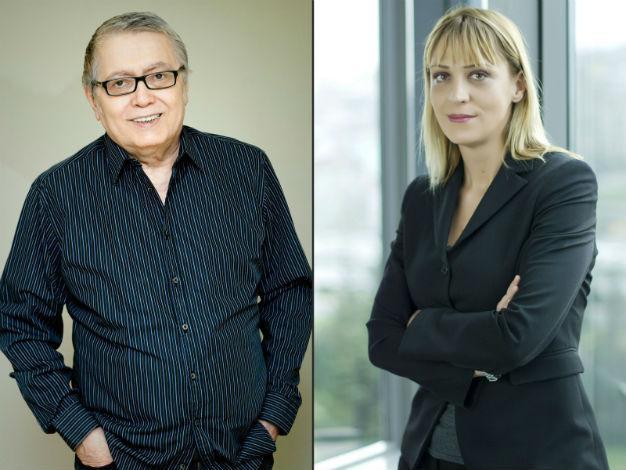US urges Turkey to 'respect editorial freedoms' after Charlie Hebdo ruling
WASHINGTON

AFP photo
U.S. State Department Spokesperson John Kirby has urged Turkey’s government to respect the “independent professional judgment” of journalists, commenting on an April 28 decision by an Istanbul court that sentenced two Turkish journalists to two years in prison for republishing a cover of French satirical magazine Charlie Hebdo featuring an image of the Prophet Muhammad in their columns.“Media organizations should have the freedom to use their independent professional judgment when determining what they publish. These are complicated issues – of course we know that – but ultimately ones that journalists have the right to make themselves,” Kirby said in response to a question posed during a press briefing on April 28.
“As Turkey’s friend and NATO ally, we urge the Turkish government to ensure that official bodies, law enforcement and judicial authorities, are not used to undermine the Turkish democracy,” he added while also expressing understanding that depictions of religious figures may cause “strong feelings.”
Two journalists from daily Cumhuriyet, Ceyda Karan and Hikmet Çetinkaya, were sentenced to two years of imprisonment by Istanbul’s Second Criminal Court of First Instance on April 28, on charges of “openly encouraging hate and enmity among people via the press” for reprinting a cover of Charlie Hebdo depicting the Islamic prophet, after the magazine was attacked on Jan. 7, 2015.
Some 1,280 people had filed a criminal complaint against Karan and Çetinkaya for republishing the controversial cover in their columns, including Turkish President Recep Tayyip Erdoğan, his daughters Esra Albayrak and Sümeyye Erdoğan, his son Bilal Erdoğan, his son-in-law Energy Minister Berat Albayrak and his adviser Mustafa Varank.
Cumhuriyet faced security threats after it became one of five international publications that printed excerpts from the edition of Charlie Hebdo published following the attacks, in a show of solidarity with the killed cartoonists.
Meanwhile, Prime Minister Ahmet Davutoğlu had lashed out at Cumhuriyet for reprinting Charlie Hebdo’s cartoon, saying that freedom of expression “does not grant anybody the right to insult another’s beliefs.”
Cumhuriyet’s move to print a selection of Charlie Hebdo caricatures had “nothing to do with freedom of expression,” Davutoğlu said on Jan. 15, 2015.
“Freedom of the press does not mean freedom to insult. In particular, if it is an insult against a Prophet who has been a ‘mercy to the worlds,’ and who has a much greater meaning than our personalities and characters, this is not freedom of the press,” Davutoğlu said, quoting the Quran.
In a similar vein, Turkish President Recep Tayyip Erdoğan on Jan. 16, 2015, criticized Charlie Hebdo for its “provocative” publications about Islam, arguing that the magazine “incited hatred and racism.”
“This is not called freedom. This equates to wreaking terror by intervening in the freedom space of others. We should be aware of this. There is no limitless freedom,” he said.
















